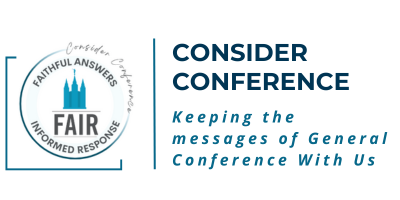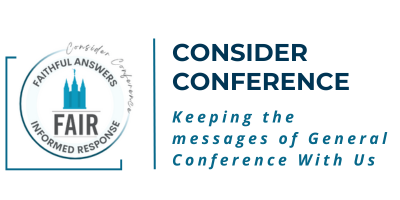Podcast: Download (15.3MB)
Subscribe: RSS
The doctrine of agency; the Lamanite Mission (D&C sections 29–34)
by Mike Parker
(Mike Parker is a long-time FAIR member who has graciously allowed us to use materials he originally prepared for the Hurricane Utah Adult Religion Class. The scripture passages covered in his lessons don’t conform exactly to the Come, Follow Me reading schedule, so they will be shared here where they fit best.)
Class Notes [Read more…] about Come, Follow Me with FAIR – Doctrine and Covenants 29-34 – Mike Parker


